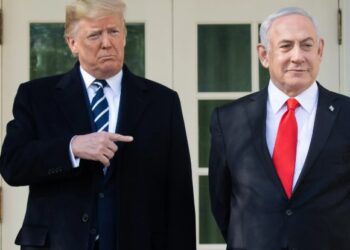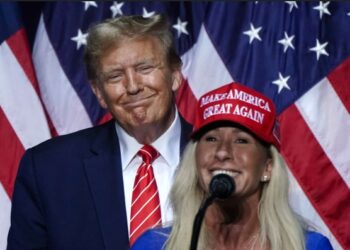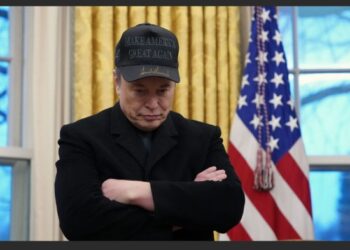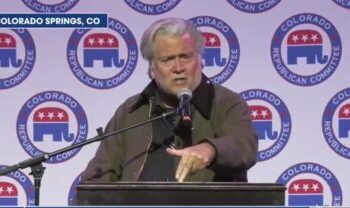In the complex landscape of American politics, few developments could be more ironic or significant than Robert F. Kennedy Jr., scion of the storied Kennedy family and a 2024 Democratic candidate, endorsing Donald J. Trump. Such an endorsement would not only be a historical anomaly but also a potent symbol of a growing populist movement that transcends traditional party lines.
Populism, at its core, is a political approach that seeks to represent the interests and will of the common people, often positioning itself in opposition to the elite ruling classes. Both Trump and Kennedy have championed populist ideals from different ideological backgrounds. Trump’s rise to power fueled his America First agenda, appealing to those disillusioned with globalization and the political establishment. Meanwhile, RFK Jr. has gained support for his outspoken critiques of government overreach and corporate influence, especially in public health and environmental policy areas.
The possibility of RFK Jr. endorsing Trump could catalyze a realignment of the American political landscape. It would represent a dramatic fusion of the populist right and left, a coalition united by a shared distrust of entrenched elites and a commitment to restoring power to the people. This potential alliance echoes the foundational goals of any populist movement: unity among the disenfranchised, regardless of traditional political boundaries.
Kennedy’s support for Trump could bring millions of Democrats and Independents into the fold, creating a powerful new base that crosses ideological divides. “What could be more unifying than a common cause against corruption and for the empowerment of the American people?” RFK Jr. might ask, echoing a sentiment that resonates with both Trump’s MAGA supporters and Kennedy’s own followers.
The irony here is palpable. The Kennedy family has long been symbolic of the Democratic Party, with deep ties to liberal politics. Yet, RFK Jr.’s potential endorsement of Trump would signify a break from that legacy, underscoring the deep dissatisfaction many Americans feel with the current state of the Democratic Party. In this light, Kennedy’s move would be less about abandoning the Democratic Party and more about redefining what it means to be a populist in the 21st century.
This political alliance could spell trouble for Kamala Harris, campaign could be severely undermined by such a high-profile defection. With RFK Jr.’s endorsement, Trump would gain credibility among voters who might otherwise be hesitant to support him, particularly those who are disillusioned with the status quo but still wary of the Republican brand.
For Trump, the endorsement would be a robust validation of his populist credentials. “This is a movement for all Americans,” Trump has often said, and with RFK Jr. by his side, that movement would gain new momentum. The potential for a unified populist front—bringing together Trump’s blue-collar base, Kennedy’s environmental and public health advocates, and disaffected Independents and Democrats—could reshape the political landscape in ways that few could have predicted.
In an era where polarization seems to dominate, the prospect of unity through populism offers a glimmer of hope. It suggests that, despite their differences, Americans can still come together around common goals: holding the powerful accountable and restoring the promise of a government by and for the people.
Mike Benz appeared on the WarRoom with Jack Posobiec on Thursday’s WarRoom program and together they talked about what the possible endorsement of Trump, by Kennedy could mean:





